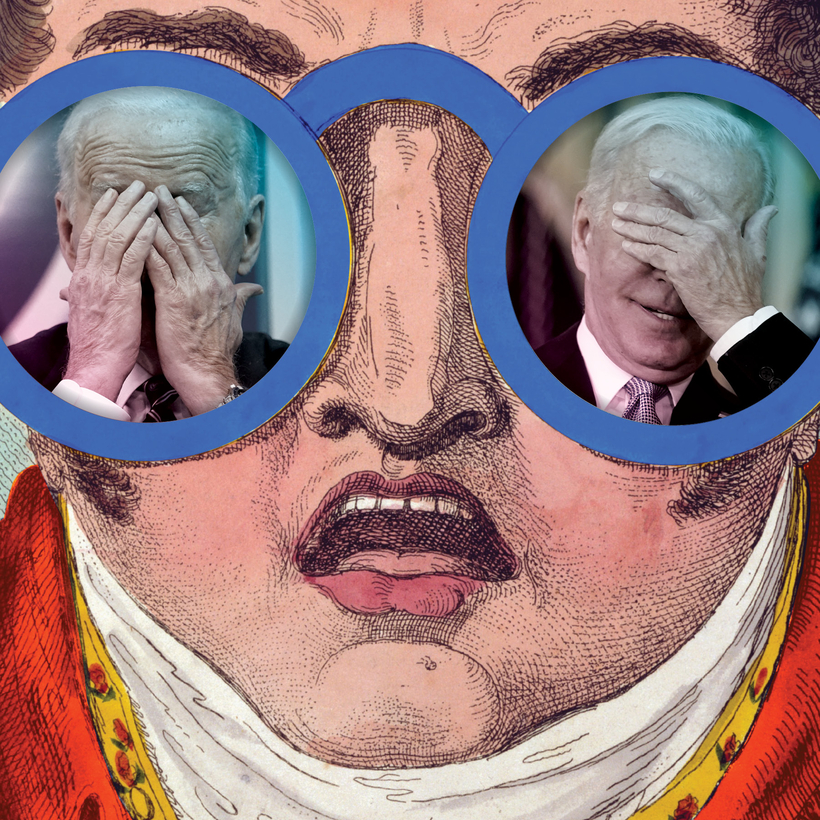Do the nation’s top Democrats think Joe Biden should go (as they tell each other in terrified private) or stay the course (as they hedge for public consumption)? Is Jill Biden Edith Wilson, an overprotective First Lady clinging to power in the face of her husband’s obvious infirmity? Would Kamala Harris (or anyone else) make a stronger opponent against Donald Trump?
Who knows?


